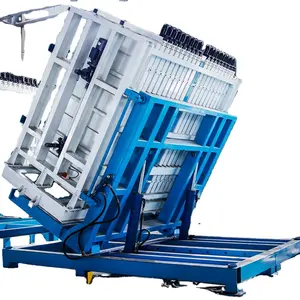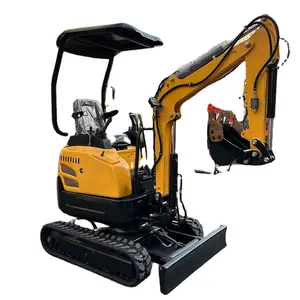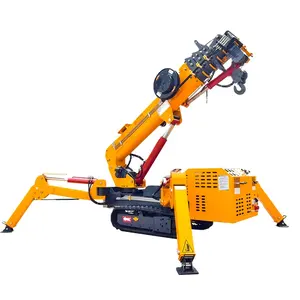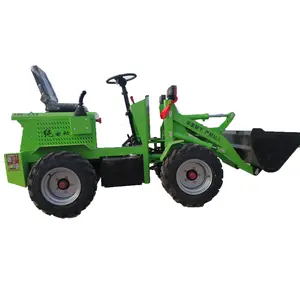Popular in your industry









Top categories
About precast plant
Introduction to Precast Plant
A precast plant is a specialized facility where precast concrete elements are manufactured before being transported to construction sites for assembly. These plants play a crucial role in the construction industry by producing a wide range of precast products such as beams, columns, slabs, and walls. By utilizing precast plants, construction projects can benefit from increased efficiency, quality control, and accelerated construction timelines.
Technical Specifications and Design
Typically, a precast plant consists of various sections including a concrete batching plant, molds for casting, curing chambers, and storage areas. The concrete batching plant is equipped with high-capacity mixers to ensure uniform mixing of concrete ingredients. Molds are used to shape the concrete into desired forms, which are then placed in curing chambers to attain strength. Additionally, modern precast plants incorporate automation and robotics for enhanced precision and productivity.
Efficiency and Customization
One of the key advantages of a precast plant is its ability to streamline the production process and deliver consistent quality. By prefabricating components in a controlled environment, manufacturers can minimize material wastage and optimize resource utilization. Furthermore, precast plants offer customization options in terms of design, color, and finish, allowing architects and builders to achieve unique aesthetic requirements for their projects.
Sustainability and Cost-effectiveness
In recent years, sustainability has become a central focus in the construction industry, and precast concrete manufacturing plants align with this trend. These plants promote sustainable practices by reducing onsite construction waste, minimizing energy consumption, and enhancing durability. Moreover, the cost-effectiveness of precast plants stems from their ability to accelerate construction schedules, thereby reducing labor costs and project overhead.
Quality Control and Compliance
Quality control is paramount in the production of precast elements, and precast manufacturing plants adhere to stringent industry standards to ensure product quality and performance. These plants are equipped with testing facilities to assess the strength, durability, and dimensional accuracy of precast components. Additionally, manufacturers invest in research and development to continuously improve production techniques and meet regulatory requirements.
Automation and Innovation in Precast Plants
The integration of automation and innovative technologies has revolutionized the operation of sobha precast plants. Advanced software systems enable real-time monitoring of production processes, inventory management, and quality assurance. Robotics and mechanized equipment enhance efficiency in handling heavy components and intricate molds. By embracing automation and innovation, precast plants can achieve higher productivity and precision in their operations.
In conclusion, precast plants play a pivotal role in the construction industry by offering a sustainable, efficient, and quality-driven solution for producing precast concrete elements. With a focus on technology, customization, and compliance, these plants continue to drive innovation and excellence in the built environment.













